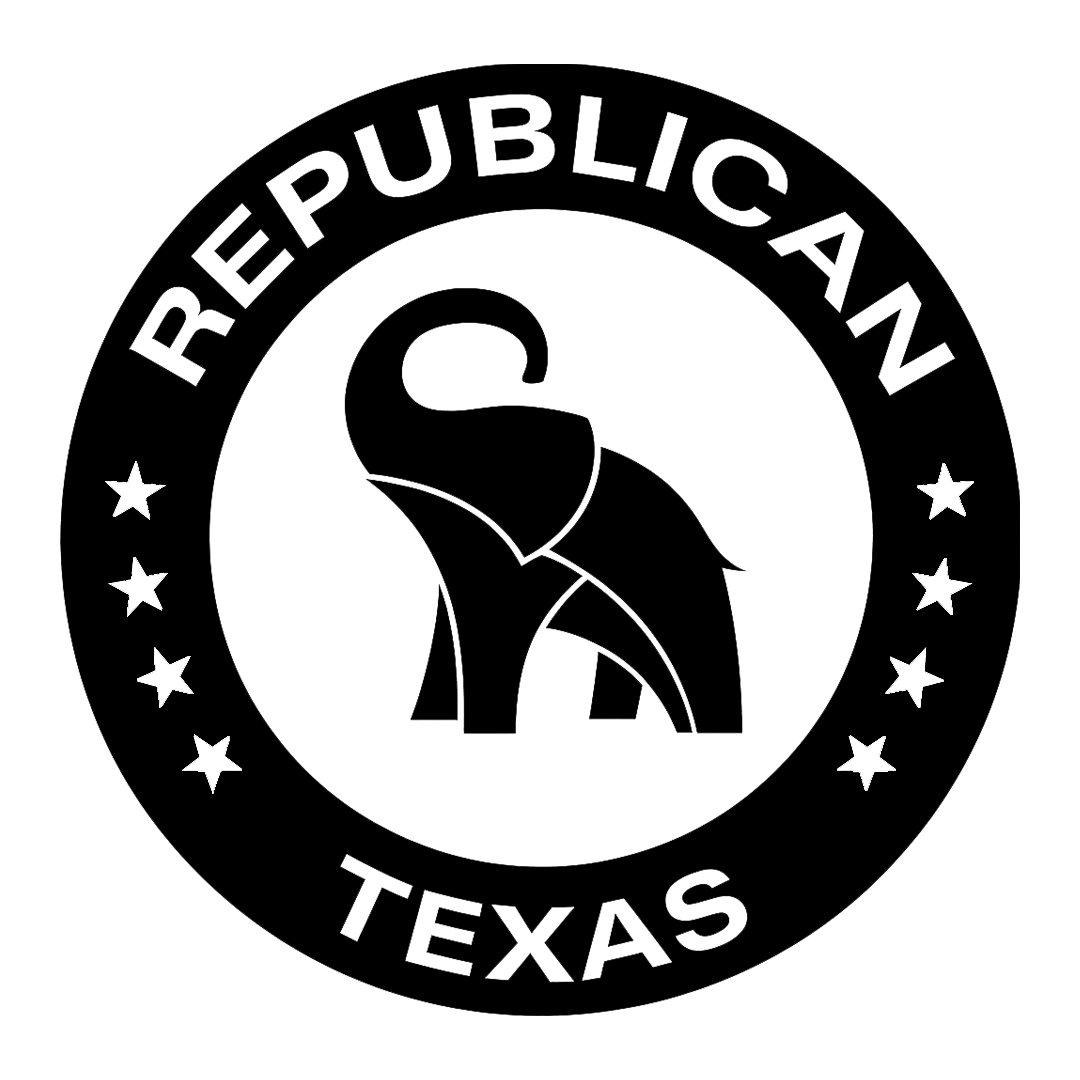Trump signs law demanding swift disclosure
Donald Trump announces he has signed a law forcing the Justice Department to release all files on the late offender Jeffrey Epstein. The law requires release within 30 days, though officials may hold back material that affects active investigations or invades personal privacy. With Trump’s support, the bill passes both chambers with overwhelming majorities. Trump changes his position after pressure from survivors and members of his own party. He had earlier dismissed the plan as a partisan distraction before he reversed course. He now claims the documents may expose details involving Democratic figures and stresses he personally approved the release.
Congress backs the measure with near-unanimous support
Congress did not need to vote to release the files, because Trump could have ordered disclosure himself. Lawmakers still push the bill through. The House votes 427-1. The Senate approves it without objection. The files include criminal investigation records, interview transcripts, seized items, and internal Justice Department communications. They also contain flight logs and lists of people and entities linked to Epstein. These files differ from the 20,000 pages released last week from Epstein’s estate. Those documents include 2018 messages in which Epstein claims he can “take down” Trump and says he knows “how dirty donald is.” Trump and Epstein were close for years. Trump says they fell out in the early 2000s and denies any misconduct.
Victims welcome the law and call for full transparency
Survivors praise the decision. The family of Virginia Giuffre calls the move “nothing short of monumental.” They demand full disclosure without regard to influence or wealth. They say the work remains unfinished until every name becomes public. Epstein dies in 2019 in a New York jail cell. A coroner rules his death a suicide. He faced sex-trafficking charges at the time and had a prior conviction from 2008 for soliciting prostitution from a minor. Epstein had ties to many prominent figures across politics, media, and finance.
New scrutiny for high-profile figures linked to Epstein
Former Harvard president Larry Summers steps back from teaching on Wednesday. The university investigates his links to Epstein after emails reveal a close rapport. Attorney General Pam Bondi must release all unclassified records tied to Epstein and Ghislaine Maxwell within 30 days of the law taking effect. Maxwell serves a 20-year sentence for sex trafficking. Authorities may still block information that harms ongoing investigations or exposes victims. Congressman Thomas Massie warns that new investigations could delay disclosure. He fears officials may use them as grounds to withhold files.


